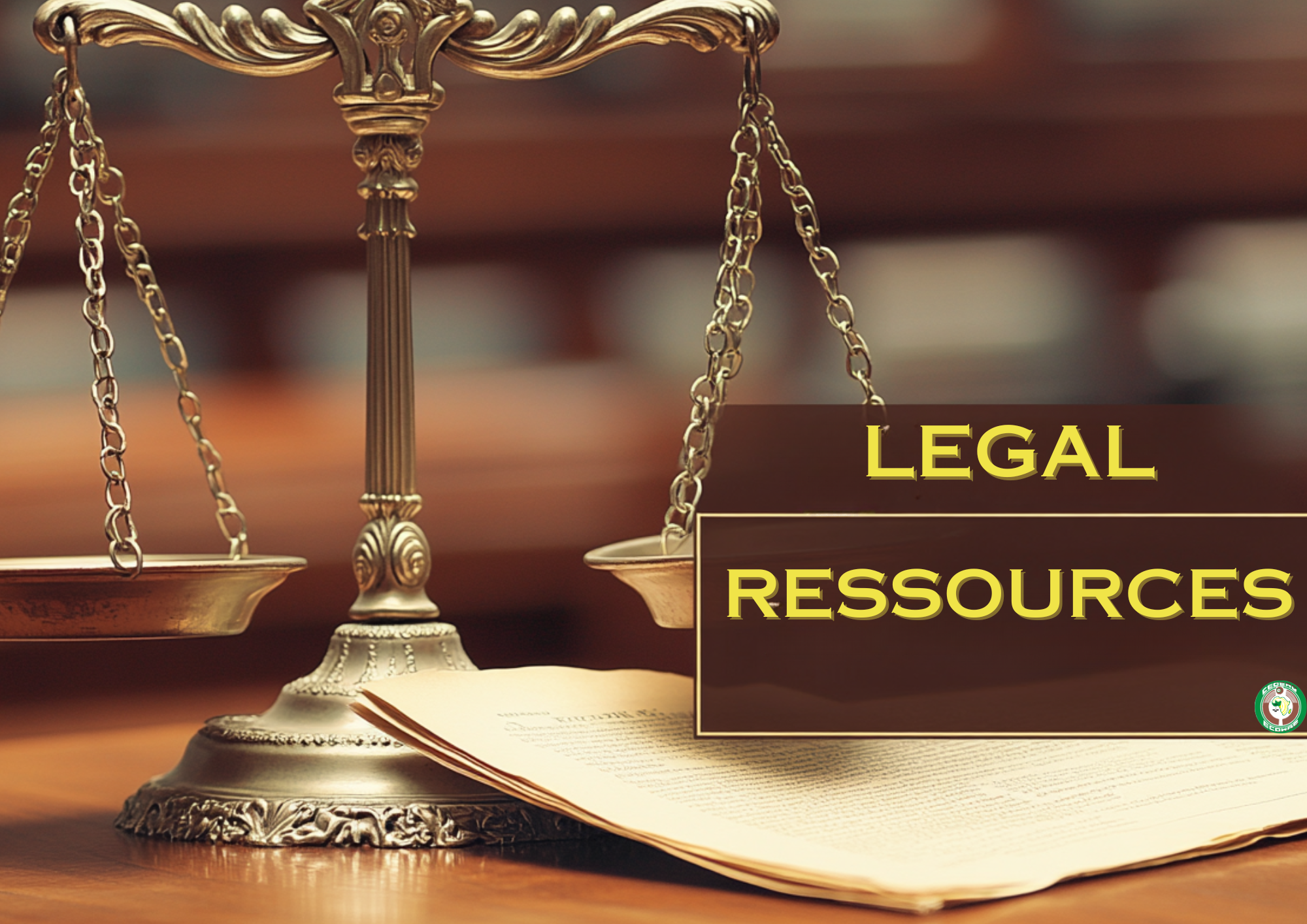Legal Resources
The Economic Community of West African States (ECOWAS) was established on 28 May 1975, when the Heads of State of Government of 15 West African countries signed the Treaty of Lagos, with the objective of “promoting cooperation and integration leading to the establishment of an economic union in West Africa in order to raise the living standards of its peoples, to maintain and to enhance economic stability, foster relations among Member States and contribute to the progress and development of the African continent”.

The 15 ECOWAS member countries are Benin, Burkina Faso, Côte d’Ivoire, The Gambia, Ghana, Guinea, Guinea Bissau, Liberia, Mali, Mauritania, Niger, Nigeria, Sierra Leone, Senegal and Togo.
In pursuit of its mission, in June 2007, the Authority of Heads of State and Government adopted the ECOWAS Vision 2020. The vision was aimed at creating “a borderless, peaceful, prosperous and cohesive region built on good governance and where people have the capacity to access and harness the enormous resources through the creation of opportunities for sustainable development and environmental preservation”. With the expiry of this Vision in December 2020, the region was prompted to develop a new strategic vision for the years to come; a vision that considers the current developmental challenges and emerging regional and global dynamics.

